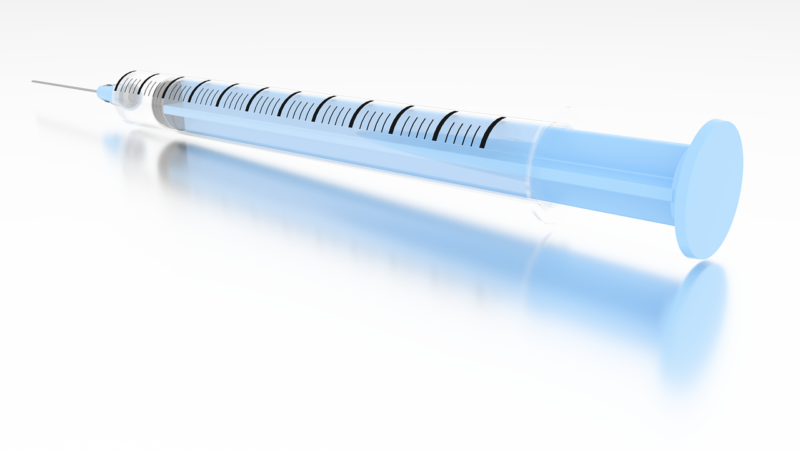How Steroid Use Affects Fertility and What You Need to Consider
November 14, 2024

Steroid use, particularly anabolic steroids, has gained significant popularity in the fitness and bodybuilding communities. While these substances can indeed enhance performance and physique, the potential impact on fertility is an important consideration that often goes overlooked. This article delves into the relationship between steroid use and fertility, offering insights into how these substances can affect hormone levels, reproductive health, and what users need to be cognizant of.
1. Understanding Anabolic Steroids
Anabolic steroids are synthetic derivatives of testosterone, a hormone that plays a crucial role in male sexual development and muscle mass growth. Originally developed for medical purposes, such as treating hormonal issues and muscle wasting, these steroids are often misused by athletes and bodybuilders looking to enhance performance and appearance.
The term “anabolic” refers to the muscle-building properties of steroids, while the term “androgenic” relates to the development of male characteristics. Using anabolic steroids can lead to increased muscle size, strength, and improved recovery times. However, these benefits come at a potentially high cost, particularly when it comes to fertility.
2. The Impact of Steroid Use on Hormonal Balance
The primary way anabolic steroids affect fertility is through their influence on the body’s hormonal balance. Steroids can interfere with the hypothalamic-pituitary-gonadal (HPG) axis, which regulates male reproductive functions:
- Decreased Testosterone Production: When external testosterone is introduced into the body through steroid use, the body recognizes this excess and reduces its own production of the hormone. This can lead to hypogonadism, where the body produces insufficient testosterone naturally.
- Reduced Sperm Production: The decrease in natural testosterone can have a direct impact on sperm production. Sperm are produced in the testes, and the production of sperm is dependent on adequate hormone levels. Anabolic steroids can lead to a lower sperm count and even complete infertility in severe cases.
- Hormonal Imbalance: The introduction of steroids can lead to an increase in estrogen levels (a female hormone) in males, further disrupting the hormonal balance and contributing to fertility issues.
These hormonal changes can create a cascade of reproductive health issues that may be reversible after steroid use is stopped, but not in all cases.
3. Potential Long-Term Effects on Fertility
While some users may experience a return to normal hormone levels and fertility after discontinuing steroid use, others may face long-term complications. Studies have shown that some men may continue to have low testosterone and sperm count long after they stop using steroids. Factors that can influence recovery include:
- Duration of Use: Longer periods of steroid abuse are more likely to lead to long-lasting hormonal imbalances.
- Types of Steroids Used: Certain steroids are more suppressive to testosterone production than others. For instance, compounds like testosterone enanthate are known to cause significant suppression compared to anabolic steroids that do not convert to estrogen.
- Age and Overall Health: Younger individuals may experience a more significant impact on fertility due to their developing hormonal systems. Additionally, pre-existing health conditions can exacerbate issues related to steroid use and fertility.
Understanding the risks and being aware of these potential outcomes is crucial for users who desire to maintain their reproductive health.
4. Signs of Fertility Issues Related to Steroid Use
Men who use anabolic steroids should be vigilant about potential fertility-related issues. Some common signs that may indicate a decline in fertility include:
- Reduced Libido: A noticeable decrease in sexual desire can be a warning sign that testosterone levels are lower than optimal.
- Erectile Dysfunction: Difficulty achieving or maintaining an erection can also be linked to hormonal imbalances resulting from steroid use.
- Changes in Mood and Energy Levels: An imbalance in hormones can lead to mood swings, depression, and fatigue, which may affect sexual health and fertility.
- Changes in Physical Appearance: Gynecomastia (development of breast tissue in men), a decrease in sperm production, or testicular shrinkage can occur due to hormone imbalances from anabolic steroids.
If you notice any of these changes, it’s essential to consult with a healthcare professional for advice and potential testing.
5. Considerations for Those Using Anabolic Steroids
For those who choose to use anabolic steroids, it’s crucial to weigh the potential impacts on fertility against the benefits. Here are essential considerations:
- Consult with a Healthcare Professional: Before starting any steroid regimen, it’s essential to speak with a healthcare provider who can provide guidance and monitoring for potential side effects.
- Monitor Your Health Regularly: Regular blood tests can help track hormone levels and overall health, ensuring that any detrimental changes can be addressed early.
- Consider Alternatives: Investigate natural alternatives for muscle building and performance enhancement. Dietary changes and natural supplements may provide performance benefits without the risks steroid use entails.
- Educate Yourself About Recovery Options: If you decide to stop using steroids, consider exploring Post Cycle Therapy (PCT) to help restore hormone levels and promote fertility recovery.
Ultimately, informed choices can help mitigate risks and maintain fertility while pursuing fitness goals.
6. Conclusion
Understanding the impact of steroid use on fertility is essential for anyone considering or currently using these substances. While steroids can offer performance and aesthetic benefits, the potential consequences for reproductive health are significant. Addressing hormonal imbalances and seeking appropriate medical guidance play vital roles in preserving fertility. By educating yourself about the risks and being proactive in monitoring health, it is possible to pursue bodybuilding or athletic goals with a better understanding of how to protect your fertility.
If you or someone you know is considering steroid use or is dealing with fertility issues, consulting with healthcare professionals can provide valuable insight into personal health and fertility preservation options.








